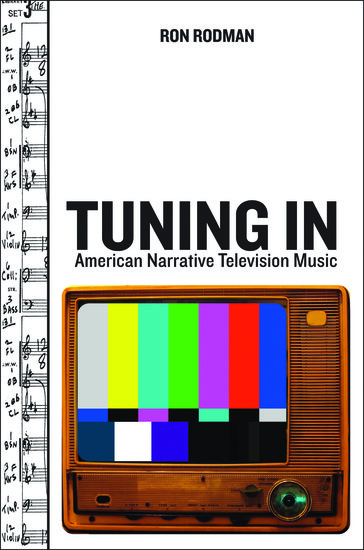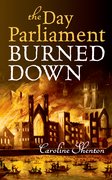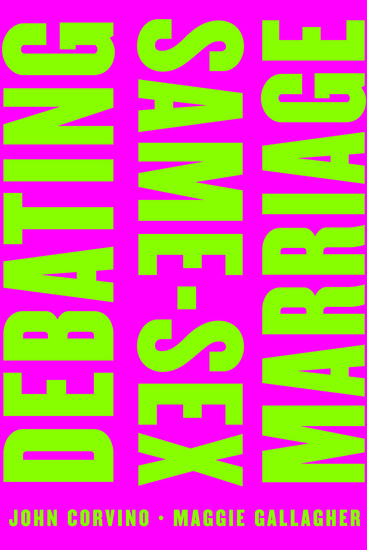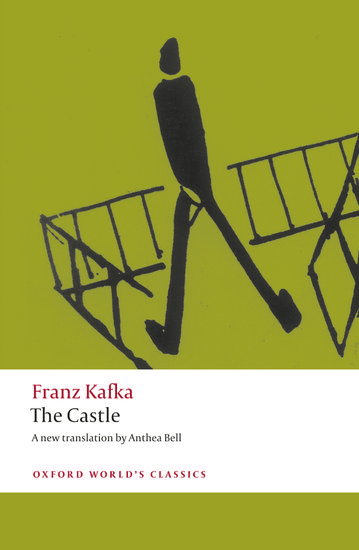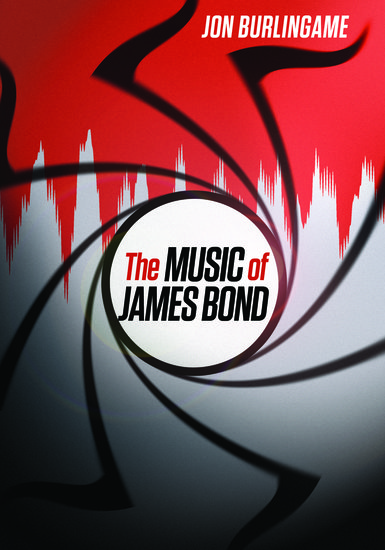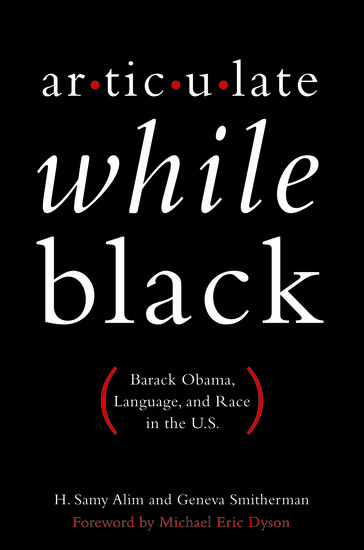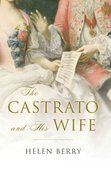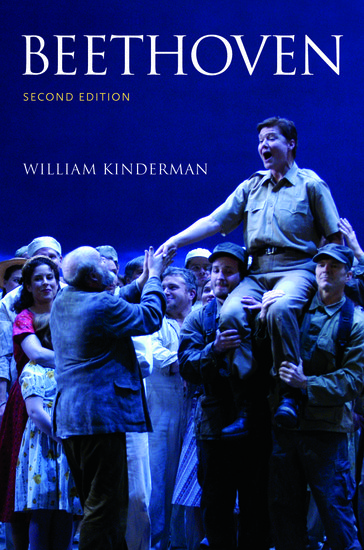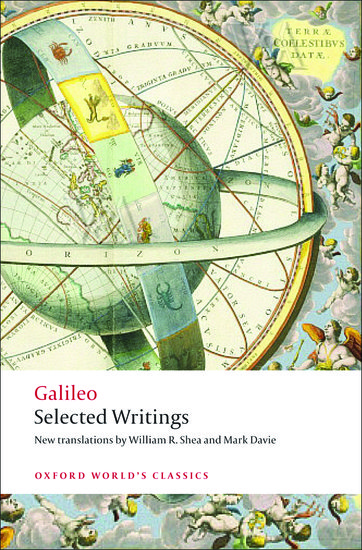American football on TV and the music of the night
Monday Night Football has been a staple of American television for over forty years. The first Monday night broadcast aired on the ABC network on 21 September 1970, with a game between the New York Jets and the Cleveland Browns. Ever since, Monday Night Football (MNF) broadcasts have rarely been topped in the Nielsen ratings. After a storied run on ABC, MNF moved to the popular sports cable network, ESPN, in 2006.

